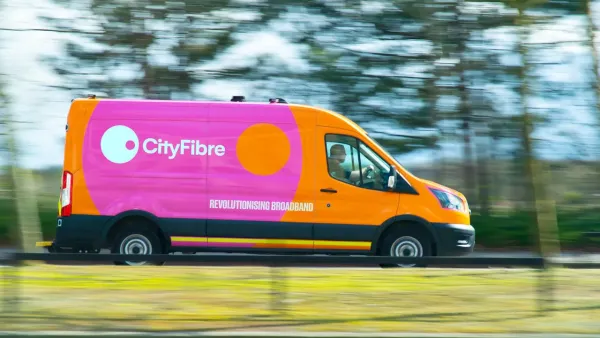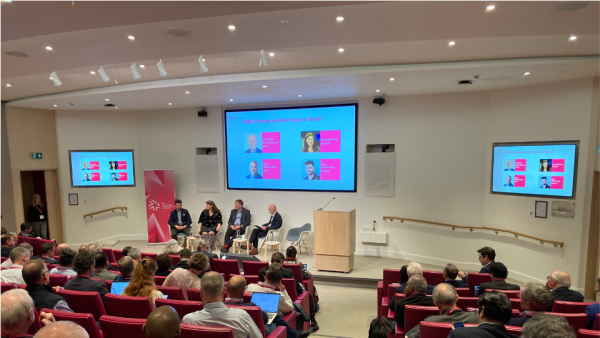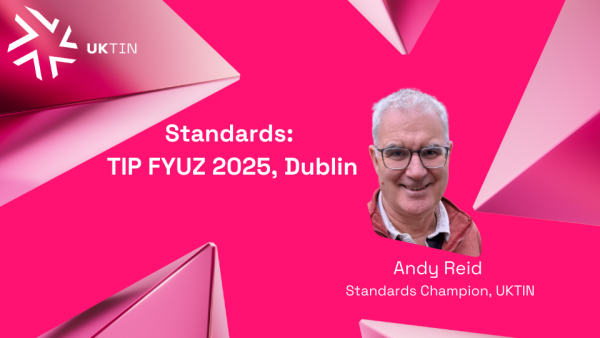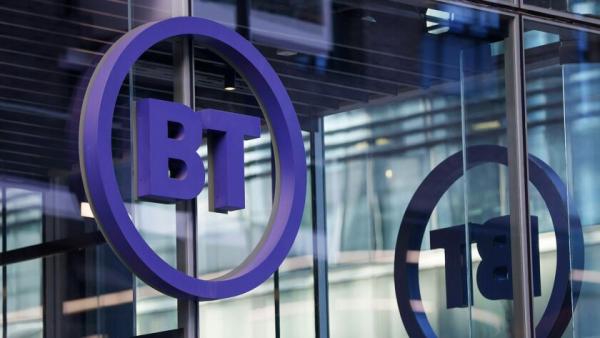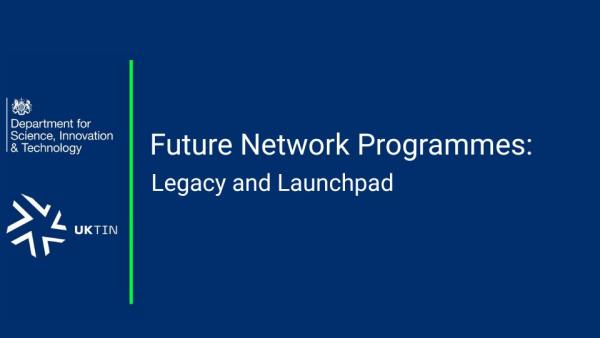Written by Mary Lennighan for Telecoms.com

As many as 1 million people in the UK disconnected their broadband service in the past 12 months for financial reasons, a high-profile charity claimed this week.
Citizens Advice made that fairly astonishing claim based on a survey carried out earlier this year. Those 1 million people cut the broadband cord because they couldn’t afford the service, the charity said, and – unsurprisingly – those on low incomes were the hardest hit.
6% of the people surveyed claiming Universal Credit – the UK’s benefit scheme for low and no-income households – said they had stopped spending on broadband altogether, compared to 1% of respondents not on Universal Credit. The study covered 6,000 UK adults, around a fifth of whom receive Universal Credit,. The charity insists its figures are weighted and are nationally representative.
“People are being priced out of internet access at a worrying rate. Social tariffs should be the industry’s safety net, but firms’ current approach to providing and promoting them clearly isn’t working. The people losing out as a result are the most likely to disconnect,” said Dame Clare Moriarty, Chief Executive of Citizens Advice, in a statement accompanying the survey.
The UK regulator has been pushing telecoms players not only to offer social tariffs – or more affordable Internet plans – to those on low incomes, but also to publicise those tariffs. Some have been more compliant than others, but the scheme is not going as well it had probably hoped.
Indeed, Ofcom data published last month showed that just 5.1% of those eligible for social tariffs had signed up for them. That’s around 220,000 households out of 4.3 million, which represents a quadrupling in take-up since the start of the year, but nonetheless remains a pretty paltry figure.
“As providers continue to drag their feet in making social tariffs a success, it’s clear that Ofcom needs to hold firms’ feet to the fire,” said Moriarty.
That sort of action is not really what the regulator is known for; urging telcos to do the right thing is more its speed. But Ofcom does need to play its part one way or another.
Part of the problem is certainly awareness. Ofcom’s data showed that more than half of those eligible for social tariffs were unaware of their existence. The Citizens Advice survey results included a case study from one low-income consumer who has historically been without Internet access due to cost and had not heard of social tariffs. There are doubtless many more similar examples out there.
The man in question, who we know as Rob, is quoted as saying, “I might just be able to afford it if it’s discounted enough,” in reference to a social tariff plan. That perhaps should remind operators and Ofcom that affordability is a highly relative concept, particularly as the cost of living crisis bites.
Click here to read the original article.


